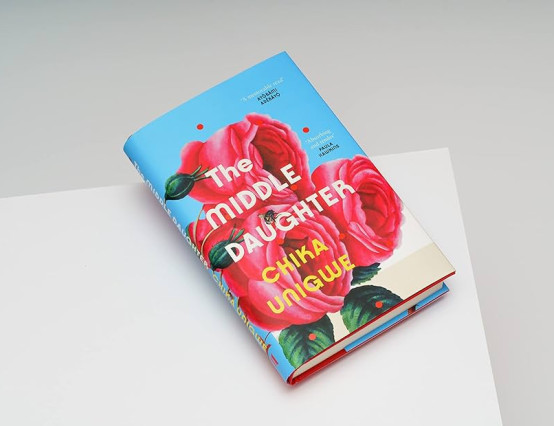Akwaeke Emezi is a Nigerian born writer and video artist, best known for their debut novel Freshwater. After Dear Senthuran published in the USA, Emezi featured on the cover of TIME magazine as a Next Generation Leader. Dear Senthuran is a memoir composed of a series of letters to friends, lovers, writers, and Emezi’s human and non-human family. It can most simply be summarised as a reflection on identity and displacement as Emezi discusses the difficulty of navigating a world unaccepting of their identity as a nonbinary transgender ogbanje – ‘an Igbo spirit that’s born to a human mother’. Although Emezi’s letters are not in chronological order, they fit together like a puzzle by the end of the book.
The writing in Dear Senthuran is equally hypnotic as the writing in Emezi’s fictional novels. Emezi’s writing is mesmerising and magical – they are attentive to each and every word. However, Dear Senthuran possesses something that Emezi’s previous novels do not. Although Freshwater is largely autobiographical, albeit fictional, Dear Senthuran provides a far more intimate and insightful reading experience due to its epistolary form. This sense of intimacy is felt most deeply in Emezi’s discussions about their body. Here Emezi describes their experience of gender dysmorphia and its effect on their mental health. Emezi reveals how they were outcasted by their Nigerian community for ‘mutilating’ their body. In a way that is awe-inspiring, Emezi reclaims their body, calling ‘mutilation’ a ‘shift from wrongness to alignments [...] scars as adornment’. In this sense, Dear Senthuran reads much like a powerful manifesto on how to love yourself.
But what is most inspiring about Emezi’s memoir is the unflinchingly unapologetic nature of their letters. In a letter addressed to their human mother, Emezi reaffirms their decision to distance themselves from her ‘greedy version of love’. Emezi’s mother was not accepting of their identity, only showing support at the mention of money. Emezi is not sorry for their decision – ‘take it up with the gods’, they tell her. Emezi’s fearlessness is refreshing, and in a sense, freeing. After a lifetime of being socially rejected, Emezi no longer seeks anybody’s approval or validation, even that of their own mother. Emezi is a force to be reckoned with.
Dear Senthuran has proved yet again that Emezi is a magician with words and a literary innovator.









0 Comments